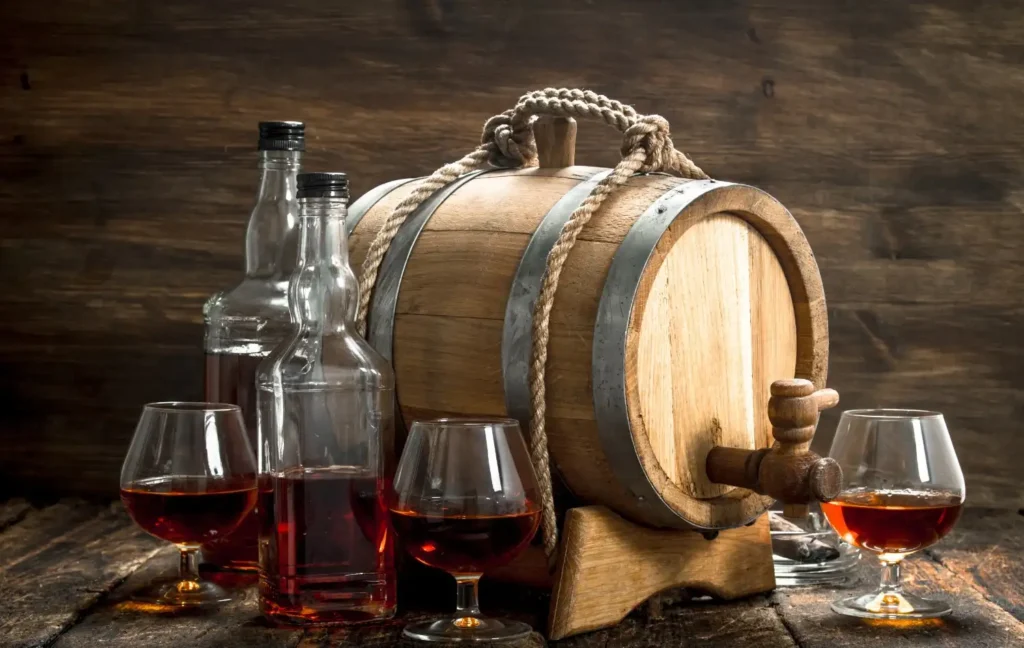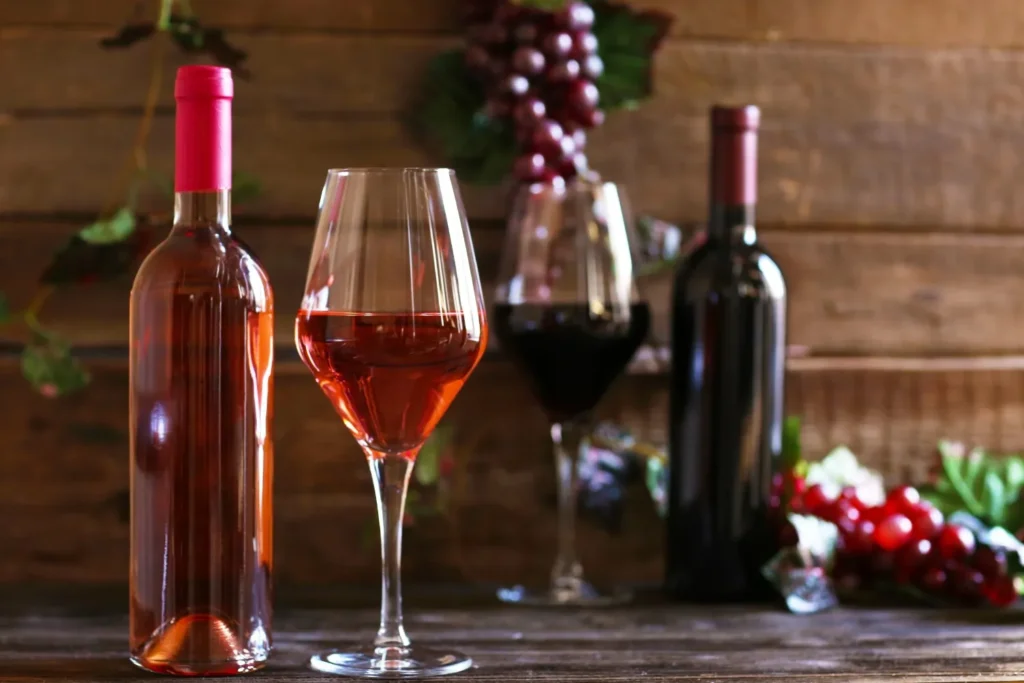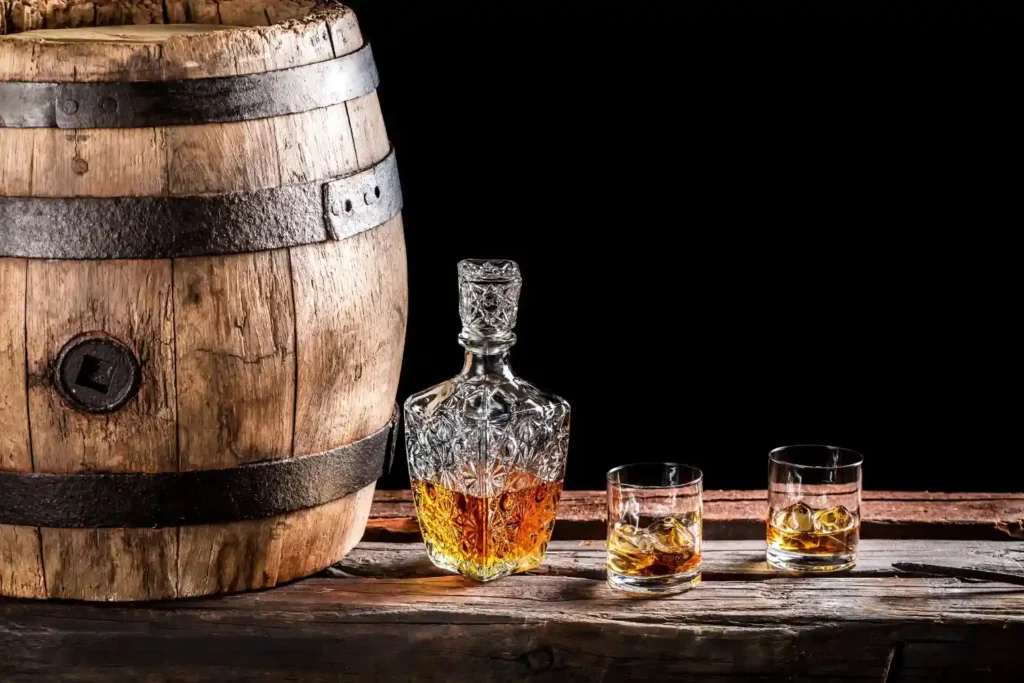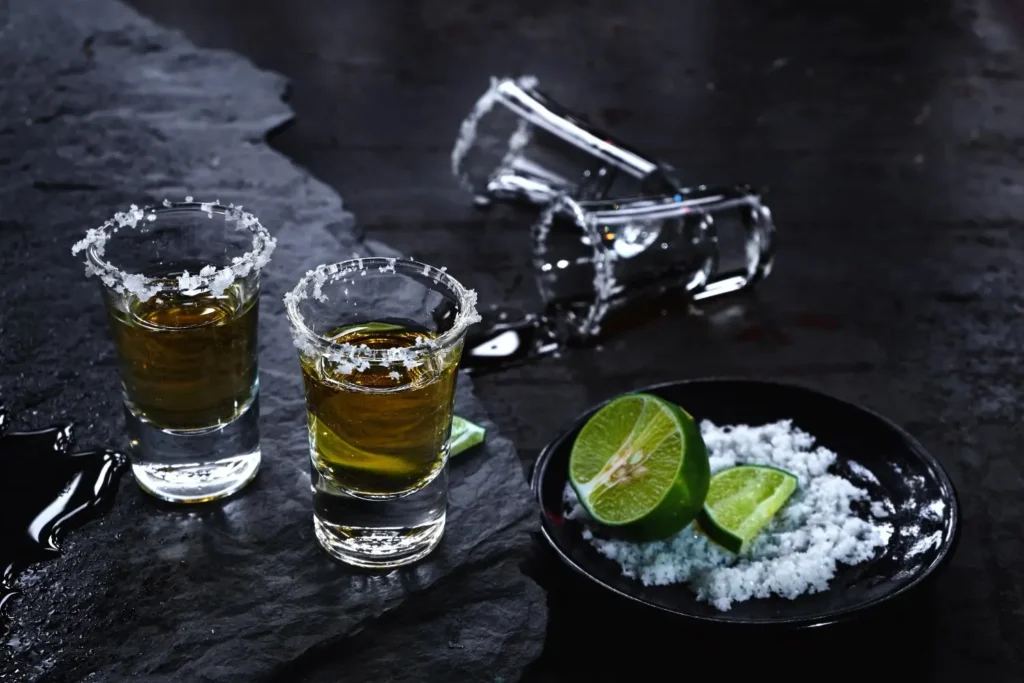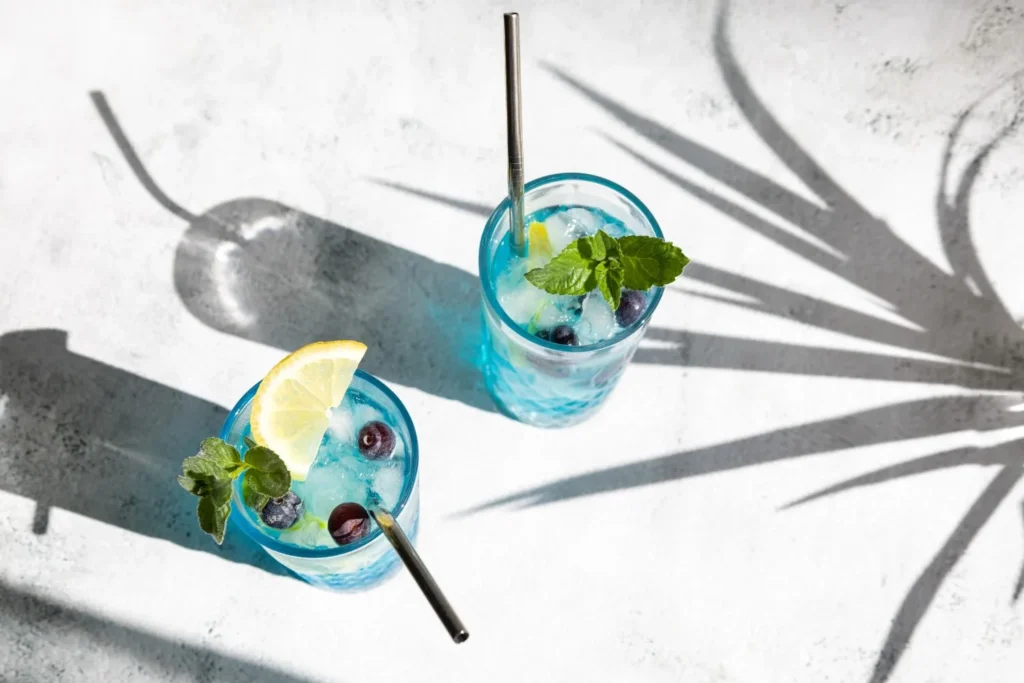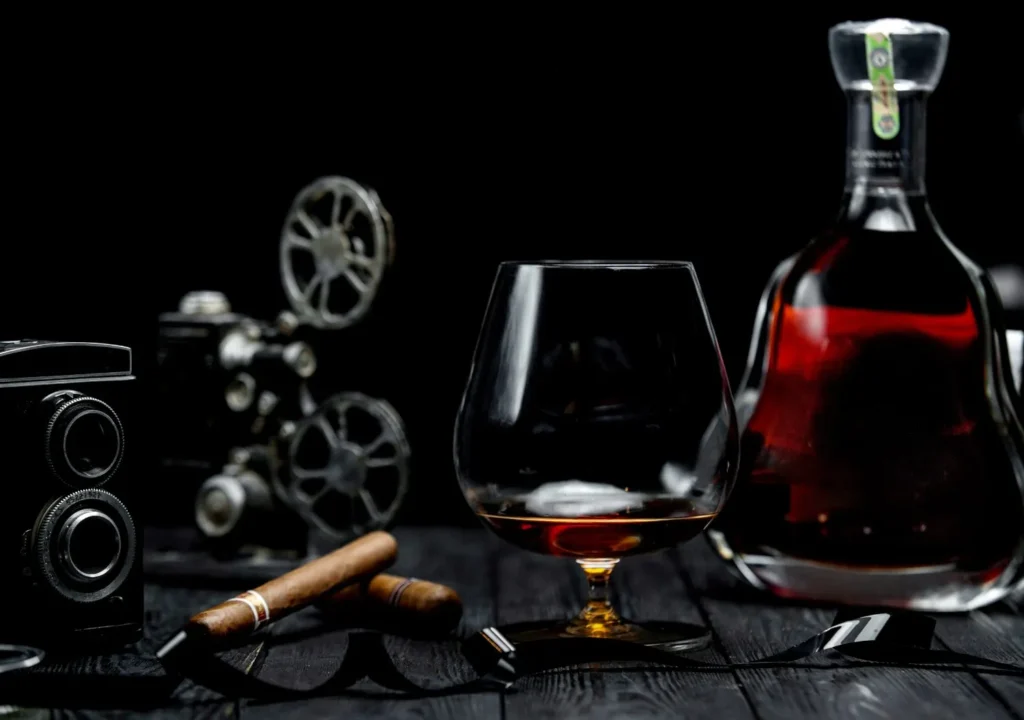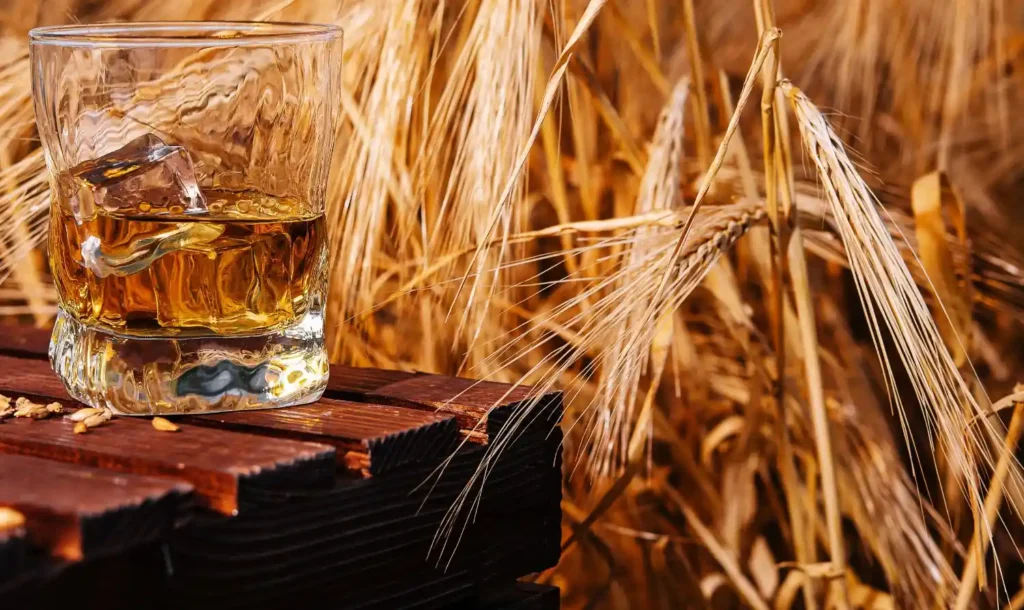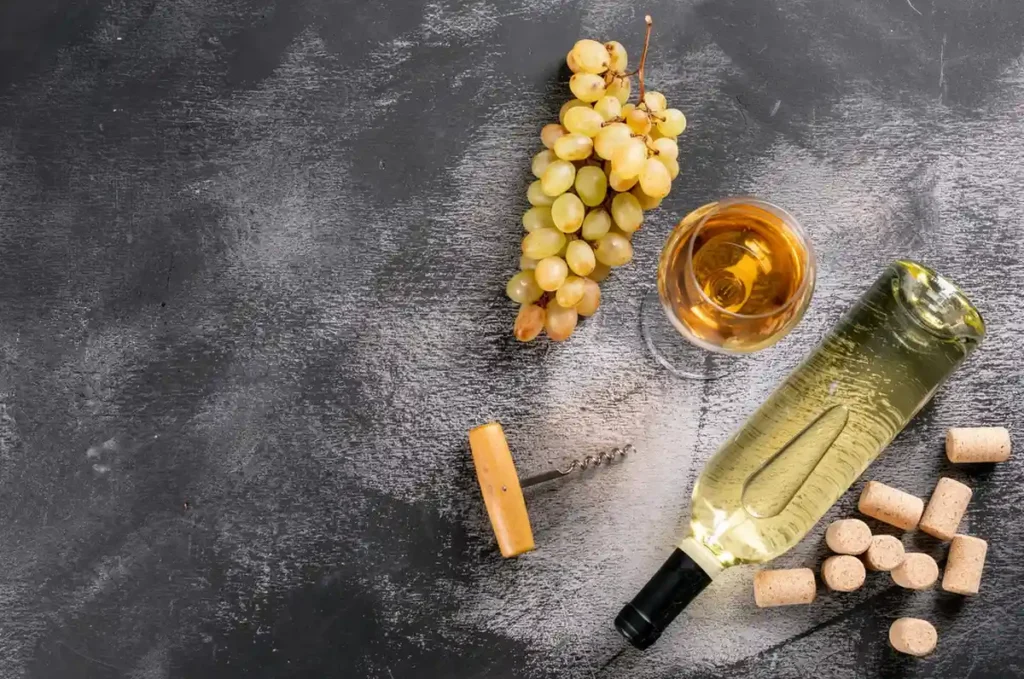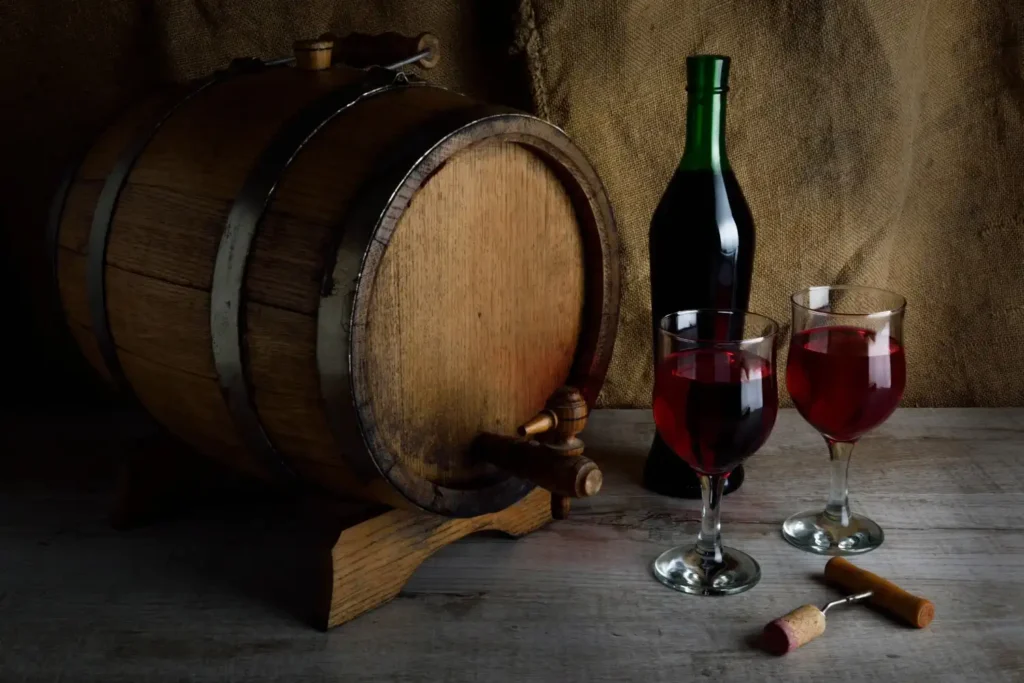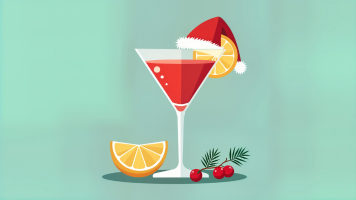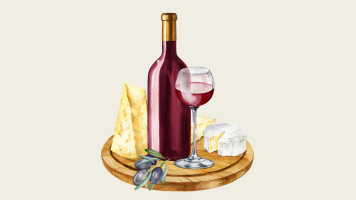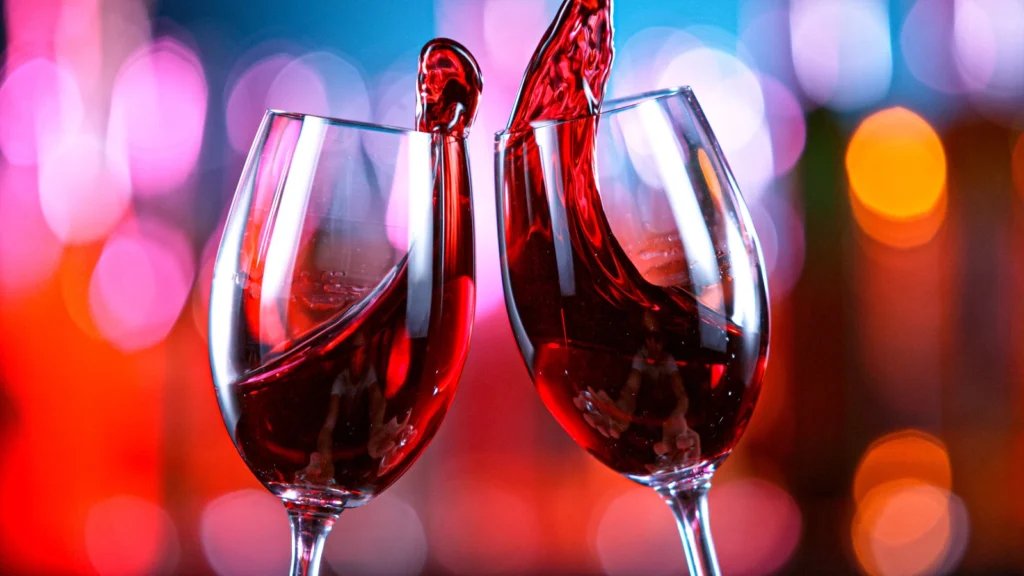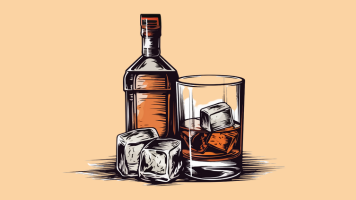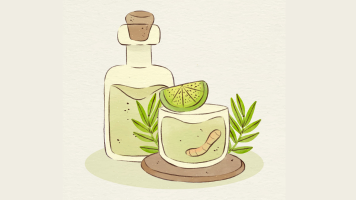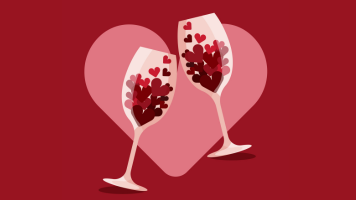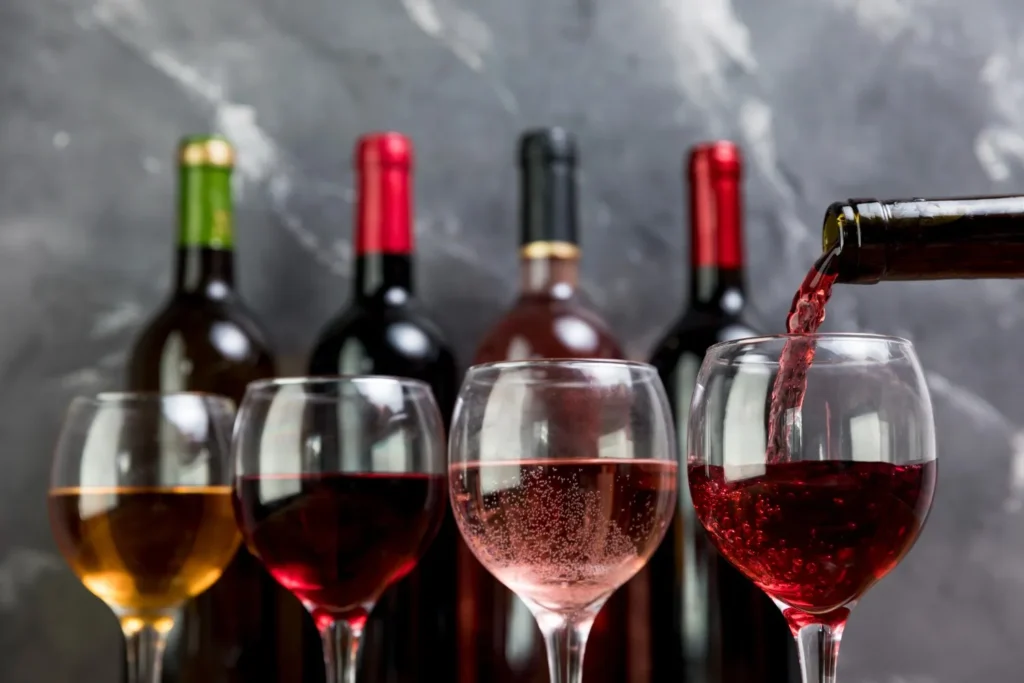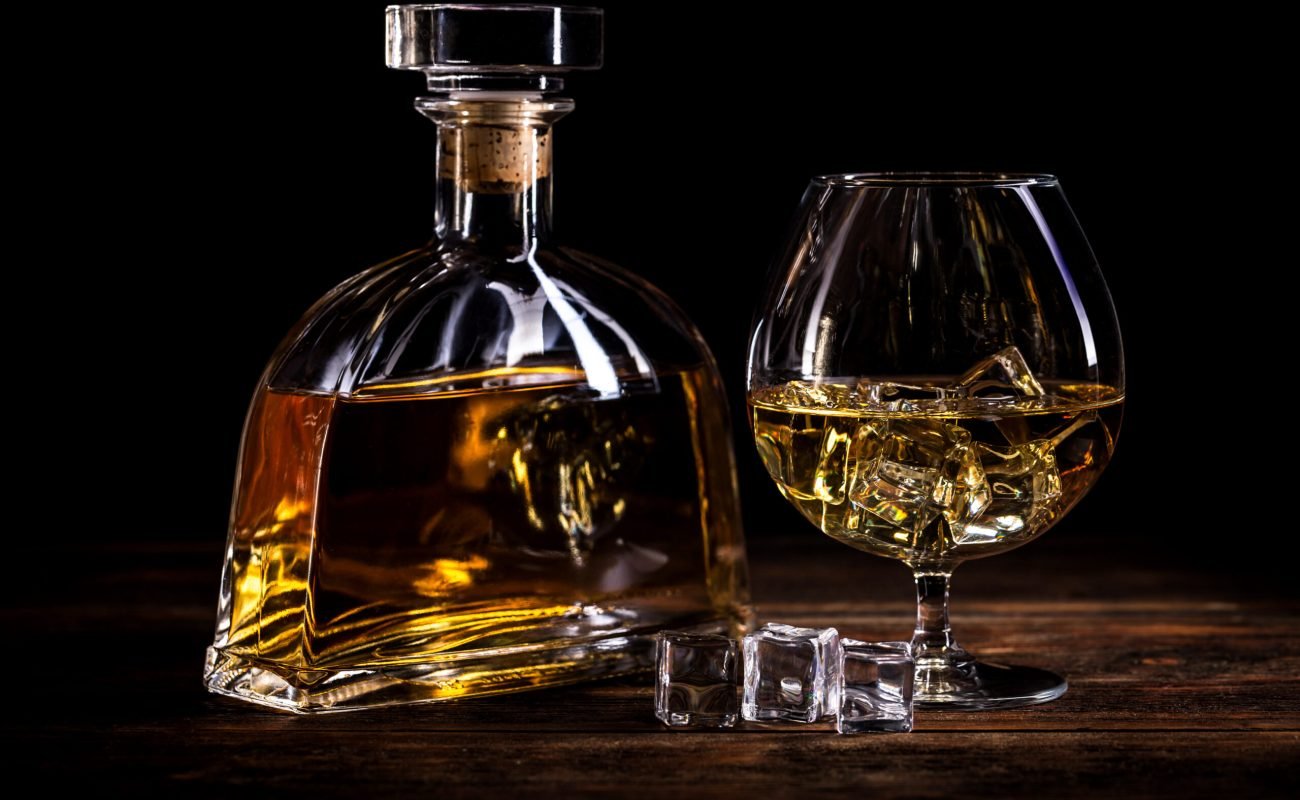
Cognac vs Brandy: The Battle between Classic Spirits
When it comes to luxury spirits, Cognac and Brandy are often compared, but they are distinctly different in several ways. Both have rich histories and are celebrated for their craftsmanship, but there are key differences that set them apart. In this blog, we’ll dive into Cognac vs Brandy, exploring their origins, ingredients, distillation, and aging processes. By the end, you’ll have a better understanding of these iconic spirits.
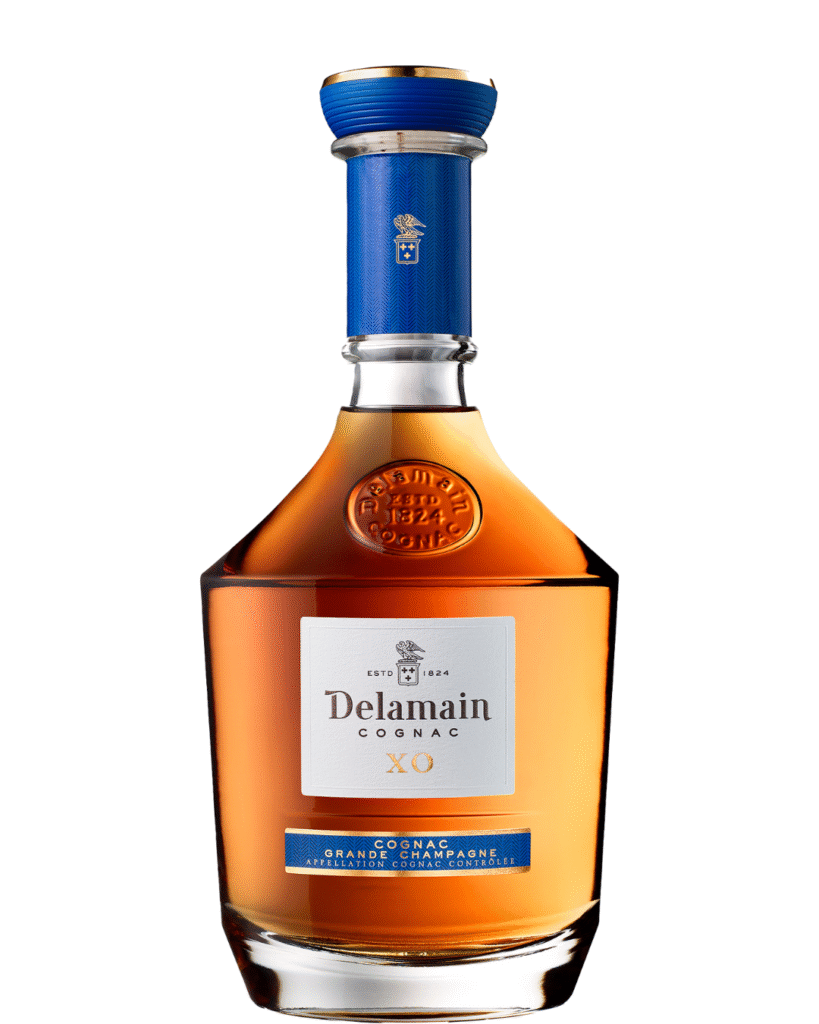
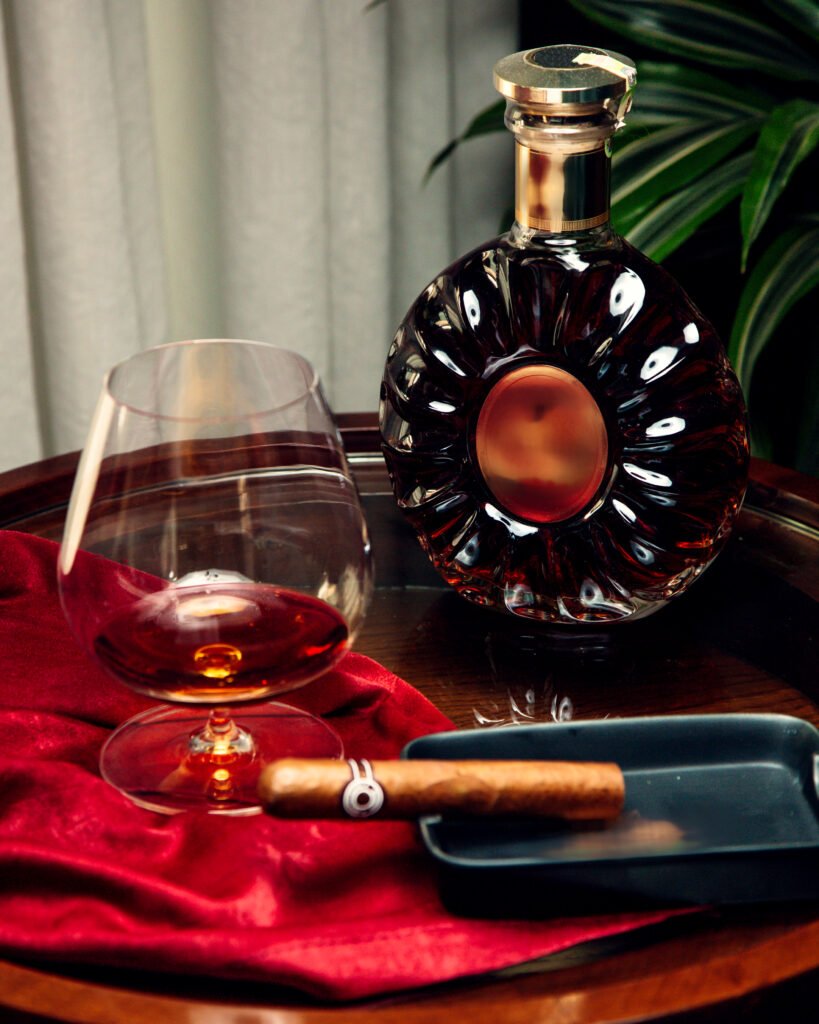
What is Cognac? The Epitome of Luxury
Cognac is more than just a drink—it is a symbol of refinement, luxury, and craftsmanship. Produced exclusively in the Cognac region of France, Cognac must adhere to strict production rules that ensure consistency and quality. Only specific grape varieties, such as Ugni Blanc, can be used, and the spirit must be distilled twice in pot stills.
Once distilled, Cognac is aged for a minimum of two years in French oak barrels. During this aging process, the Cognac takes on its rich amber or golden color, with notes of oak, dried fruit, and spice developing over time. The longer the aging, the more complex and smooth the final product becomes.
What is Brandy? A Global Favourite
Cognac is a specific variety of brandy but brandy itself is a much broader category. Brandy is a type of distilled spirit crafted from fermented fruit juice. Most commonly, Brandy is made from grapes, but it can also be made from other fruits such as apples, pears, and peaches.
Unlike Cognac, which has strict rules governing its production, Brandy is produced worldwide, offering a wide range of styles and Flavors. It can be distilled using pot stills or column stills, with the aging process varying depending on the type of Brandy. Some Brandy varieties are aged for several years, while others may only undergo a short aging process.
Brandy tends to have a lighter, sweeter profile compared to Cognac, and while it lacks the strict regulations of Cognac, it remains a beloved spirit for many.
What’s the Difference Between Cognac and Brandy?
Ingredients
- Cognac:
To be considered Cognac, the spirit must be made from specific grape varieties, predominantly the Ugni Blanc grape. Other permitted grape varieties include Folle Blanche and Colombard. Cognac must also be distilled and aged in the Cognac region of France.
- Brandy:
On the other hand, Brandy is a broad term that refers to any distilled spirit made from fermented fruit juice. While Brandy is often made from grapes, it can also be derived from other fruits, such as apples, pears, or even peaches.
Region of Production
- Cognac:
The production of Cognac is strictly regulated. It can only be produced in the Cognac region of France, which is divided into six crus or growing areas, including the prestigious Grande Champagne and Petite Champagne regions. These specific regions contribute to the unique flavour profile of Cognac.
- Brandy:
Brandy, on the other hand, can be produced anywhere in the world, and it is not confined to a specific region. This means that Brandy made in Spain (called Brandy de Jerez) can taste quite different from that made in California or South Africa.
Fermentation and Distillation
- Cognac:
The Cognac production process involves a double distillation method using pot stills, a process that allows for better extraction of Flavors and smoother textures. The grape juice is fermented into wine and then distilled to produce the spirit.
- Brandy:
While Brandy is also distilled from fermented fruit juice, it can be made through a variety of methods, including pot stills or column stills. Brandy production is more flexible and can vary depending on the region or distillery.
Aging Process
- Cognac
Cognac must be aged in oak barrels for a minimum of two years. The aging process plays a crucial role in the development of Cognac’s rich, complex Flavors. The longer the aging, the smoother and more refined the Cognac becomes. Premium Cognac like Delamain Pale undergoes extensive aging to achieve its unique character.
- Brandy:
Brandy is also aged in oak barrels, but the aging process is typically shorter than that of Cognac, with some Brandy varieties being aged for just a few months or a couple of years. This results in a slightly less complex flavour profile compared to Cognac.
Appearance
- Cognac:
Cognac often has a rich amber or golden colour due to the extended aging process in wooden barrels. The Delamain XXO Grande Champagne Cognac is known for its deep, luminous amber color, reflecting its lengthy maturation.
- Brandy:
The color of Brandy can vary depending on the aging process, but it typically tends to be lighter than Cognac, often appearing in golden or pale amber hues.
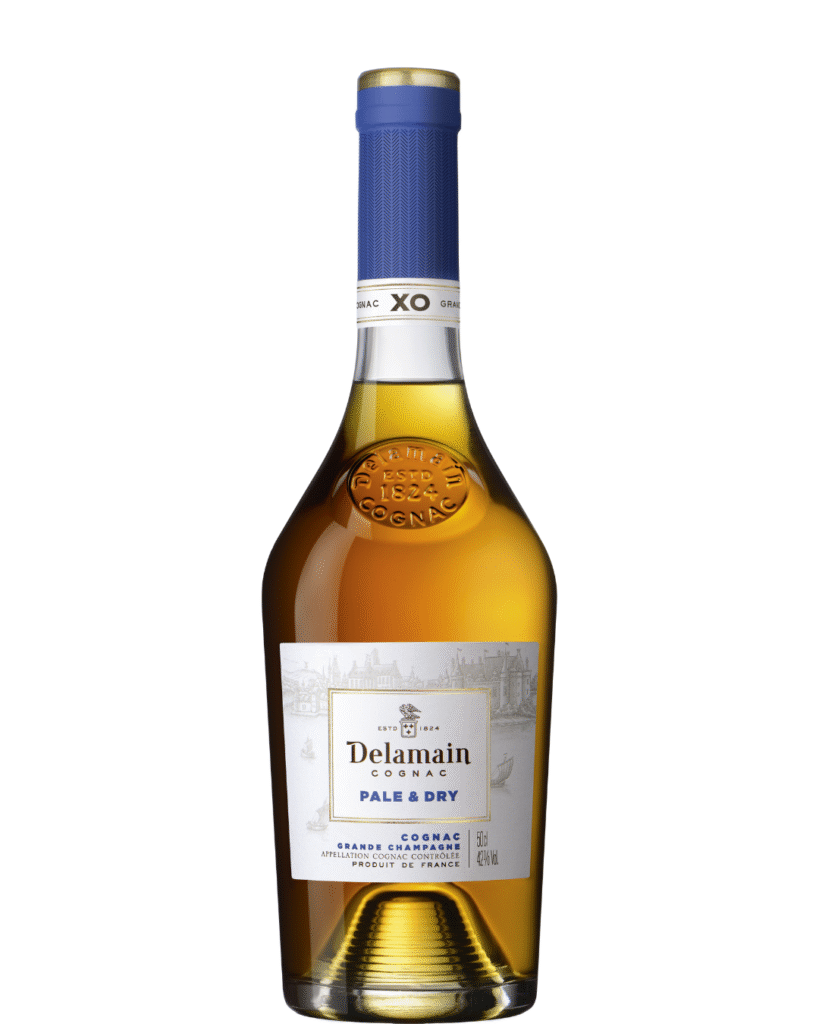
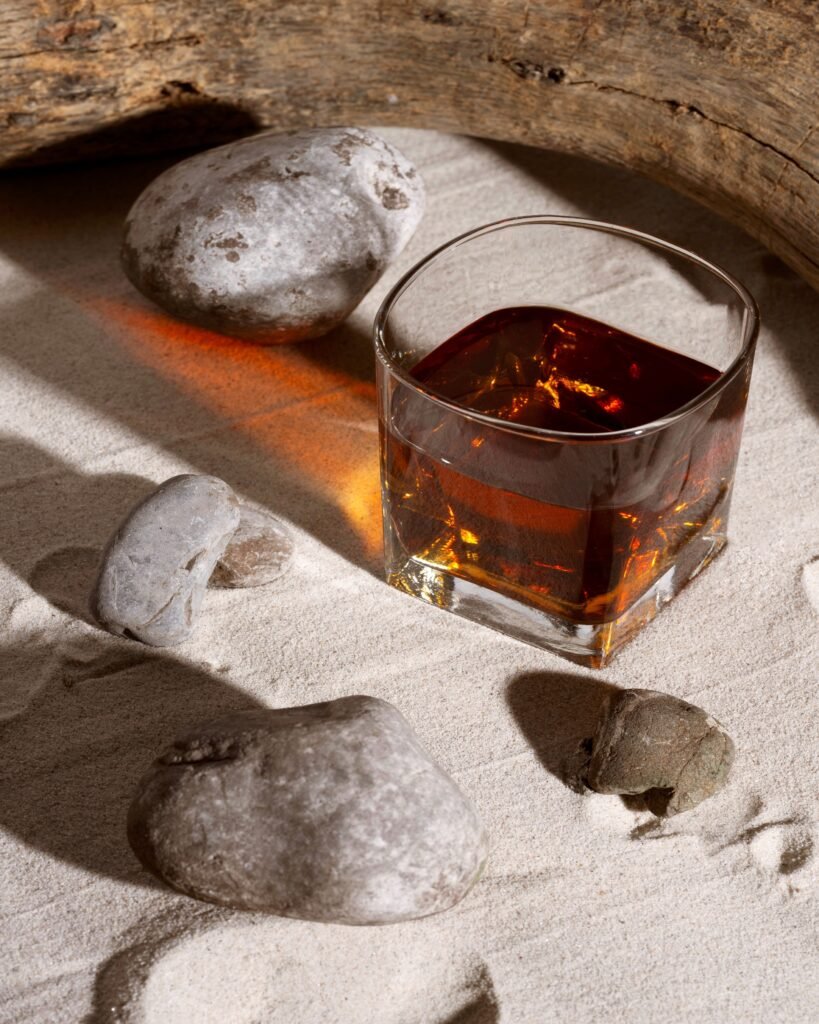
How to Enjoy Brandy vs Cognac
Cognac:
The best way to Savor Cognac is by sipping it neat, at room temperature, from a tulip-shaped glass. This allows the spirit to breathe and helps bring out the aromas and complexity. Cognac pairs beautifully with cheese, dark chocolate, or cigars, making it a perfect choice for an indulgent evening.
For a more adventurous approach, Cognac can be enjoyed in classic cocktails such as the Sidecar or Cognac Sour.
Brandy:
Brandy offers more versatility. It’s perfect on its own, over ice, or blended into your favourite cocktails. It pairs well with fruits, nuts, and desserts, or can be used to create delicious Brandy-based drinks like the Brandy Alexander.
Cognac’s Role in Modern Luxury: A Symbol of Wealth and Status
Cognac has evolved from a traditional French spirit to a luxury symbol, deeply embedded in modern high society. From celebrity endorsements to exclusive events, Cognac represents sophistication, refinement, and success.
1. The Rise of Cognac as a Luxury Symbol
- Cognac is no longer just a drink—it’s a status symbol. Celebrities like Jay-Z and David Beckham endorse Cognac, often seen at luxury events like gala dinners and fashion shows, solidifying its place in pop culture and wealth.
- Cognac’s association with high-end events, from Cannes to Formula 1, showcases its exclusivity.
2. Cognac vs Brandy: Accessibility vs. Exclusivity
- While Brandy is more widely available, Cognac is produced in a specific region of France under strict guidelines, making it a premium product. The price range for Cognac is higher, making it less accessible and further emphasizing its luxury status.
3. Limited Editions and Rare Bottles
- Iconic Cognac brands like Delamain release limited-edition bottles, such as the Delamain XXO Grande Champagne Cognac, which exemplify luxury and exclusivity. These rare releases are sought after by collectors, fetching high prices at auctions and reinforcing Cognac’s position as a luxury spirit.
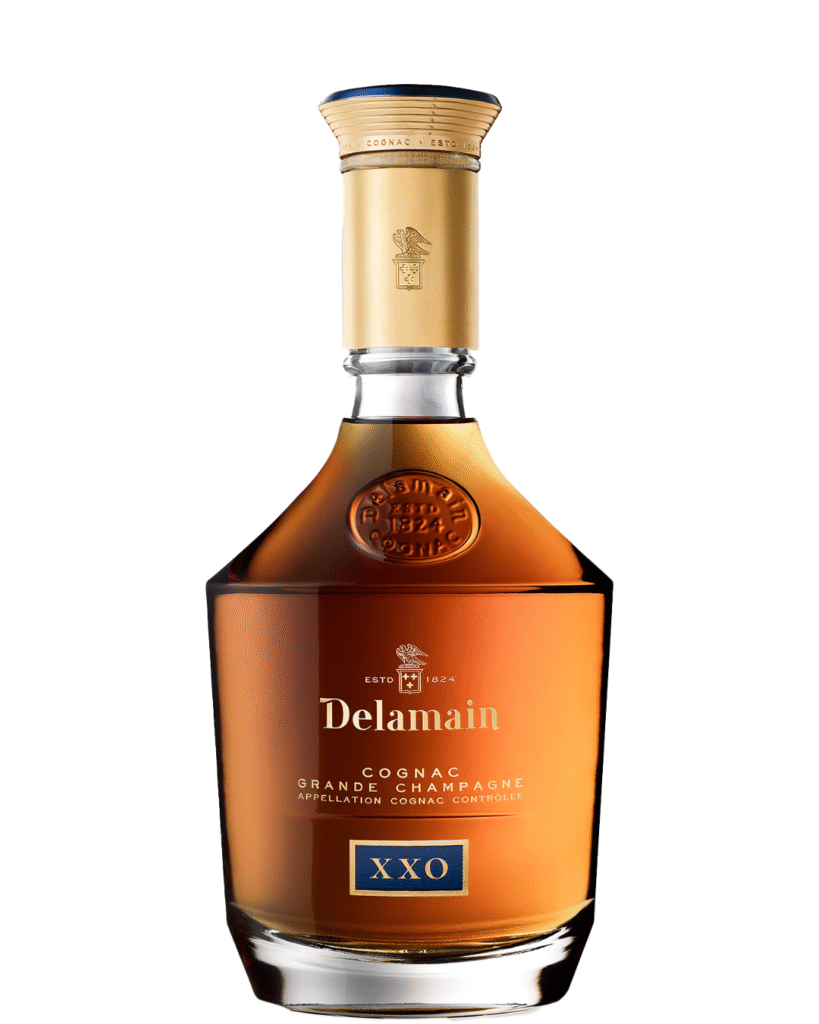
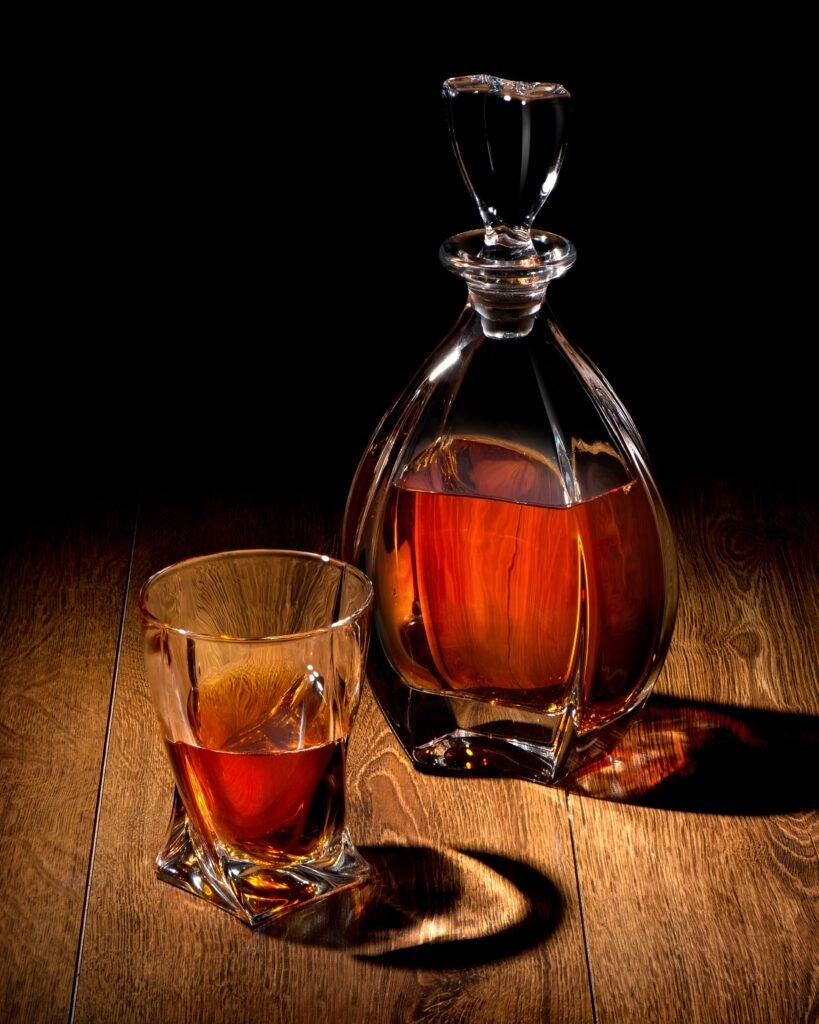
Conclusion
Cognac and Brandy are both renowned spirits with distinct differences. Cognac is a premium drink, crafted with strict guidelines and longer aging, offering a rich, complex flavor that symbolizes luxury. Brandy, on the other hand, is more flexible, produced from various fruits, and has a lighter, sweeter taste. While Cognac is considered a high-end option, Brandy is more accessible and varied. The decision ultimately depends on whether you prefer the refined taste of Cognac or the versatility of Brandy.
FAQs
- What makes Cognac different from Brandy?
While all Cognac is Brandy, not all Brandy is Cognac. Cognac is a specific type of Brandy made in the Cognac region of France, using grape varieties and following strict production rules. Brandy can be made from any fruit and produced anywhere in the world. - Can Cognac be enjoyed in cocktails?
Yes, Cognac is versatile and can be used in a variety of classic cocktails like the Sidecar, Cognac Sour, or Vieux Carré. It can also be enjoyed neat to fully appreciate its depth and smoothness. - What’s the best way to drink Cognac?
The best way to enjoy Cognac is neat, in a tulip-shaped glass, at room temperature. This allows you to Savor the aroma and complexity. Some prefer adding a drop of water to open the Flavors, while others enjoy it paired with cheese or dark chocolate. - Why is Cognac considered a luxury drink?
Cognac is made from specific grapes, aged for years in French oak barrels, and produced in small batches under strict regulations. These elements, along with its association with high-end events and celebrity endorsements, contribute to its status as a luxury spirit. - Is Cognac sweeter than Brandy?
Cognac tends to have a smoother, more refined sweetness due to its longer aging process. It features a rich blend of fruit, oak, and floral notes, whereas Brandy can vary in sweetness based on the fruit used and its aging time. - How can I tell if a Cognac is good?
The quality of Cognac can be judged by its age, the reputation of the brand, and its complexity. Premium Cognac has a more refined flavour profile and smoother texture, often with fruity, floral, and oak notes. Look for VSOP or XO for higher-end choices. - How is Cognac made?
Cognac is made from Ugni Blanc grapes, which are fermented into wine, then distilled twice in copper pot stills. After distillation, it is aged in French oak barrels to develop its complex Flavors. - What does the term XXO mean on a bottle of Cognac?
XXO stands for Extra-Extra-Old and is used to describe Cognac aged for at least 14 years. It indicates a high-quality, well-aged spirit with rich and deep Flavors. Brands like Delamain offer XXO Cognac for those seeking an exceptional luxury experience.
-
 What Makes Single Malt Whiskey Taste So Alive in Barrels
What Makes Single Malt Whiskey Taste So Alive in Barrels -
 Why does rose wine vs red wine look so opposite inside
Why does rose wine vs red wine look so opposite inside -
 How distillers mastery in Blended whiskey vs single barrel
How distillers mastery in Blended whiskey vs single barrel -
 How Every Region Leaves Its Mark on Vodka
How Every Region Leaves Its Mark on Vodka -
 How to Store Gin When Your Guests Think It is Open Bar
How to Store Gin When Your Guests Think It is Open Bar -
 Why Does Cognac Carry Such a Luxurious Price Tag
Why Does Cognac Carry Such a Luxurious Price Tag -
 Why Does Single Malt Whiskey Win Single Grain Battles
Why Does Single Malt Whiskey Win Single Grain Battles -
 White Wine Guide to Help You Pick the Right Selection
White Wine Guide to Help You Pick the Right Selection -
 Solis Group Representation on the Global Stage at TFWA, Cannes 2025
Solis Group Representation on the Global Stage at TFWA, Cannes 2025 -
 How did port wine bottles grow stylish over decades
How did port wine bottles grow stylish over decades
-
 Christmas Cocktails You Can Make at Home
Christmas Cocktails You Can Make at Home -
 Sound Of Christmas Wine And Cheese?
Sound Of Christmas Wine And Cheese? -
 A Fresh Take on New Year’s Resolutions
A Fresh Take on New Year’s Resolutions -
 The Art of Smelling Wine Like a True Connoisseur
The Art of Smelling Wine Like a True Connoisseur -
 Looking for the Best Wine? Here's Where to Find It!
Looking for the Best Wine? Here's Where to Find It! -
 Read This Before You Buy Your Dad a Whisky.
Read This Before You Buy Your Dad a Whisky. -
 The Art of Pairing Wine with Indian Food
The Art of Pairing Wine with Indian Food -
 Whiskey on the Rocks — Cool Choice or Flavor Mistake?
Whiskey on the Rocks — Cool Choice or Flavor Mistake? -
 The Ingredients & Botanicals That Define Gin
The Ingredients & Botanicals That Define Gin -
 Seven Days of Love — Wine for Valentine’s Week
Seven Days of Love — Wine for Valentine’s Week
-
 What Makes Single Malt Whiskey Taste So Alive in Barrels
What Makes Single Malt Whiskey Taste So Alive in Barrels -
 Why does rose wine vs red wine look so opposite inside
Why does rose wine vs red wine look so opposite inside -
 How distillers mastery in Blended whiskey vs single barrel
How distillers mastery in Blended whiskey vs single barrel -
 How Every Region Leaves Its Mark on Vodka
How Every Region Leaves Its Mark on Vodka -
 How to Store Gin When Your Guests Think It is Open Bar
How to Store Gin When Your Guests Think It is Open Bar -
 Why Does Single Malt Whiskey Win Single Grain Battles
Why Does Single Malt Whiskey Win Single Grain Battles -
 White Wine Guide to Help You Pick the Right Selection
White Wine Guide to Help You Pick the Right Selection -
 Solis Group Representation on the Global Stage at TFWA, Cannes 2025
Solis Group Representation on the Global Stage at TFWA, Cannes 2025 -
 How did port wine bottles grow stylish over decades
How did port wine bottles grow stylish over decades -
 What’s Your Wine Persona according to the Color Chart
What’s Your Wine Persona according to the Color Chart


